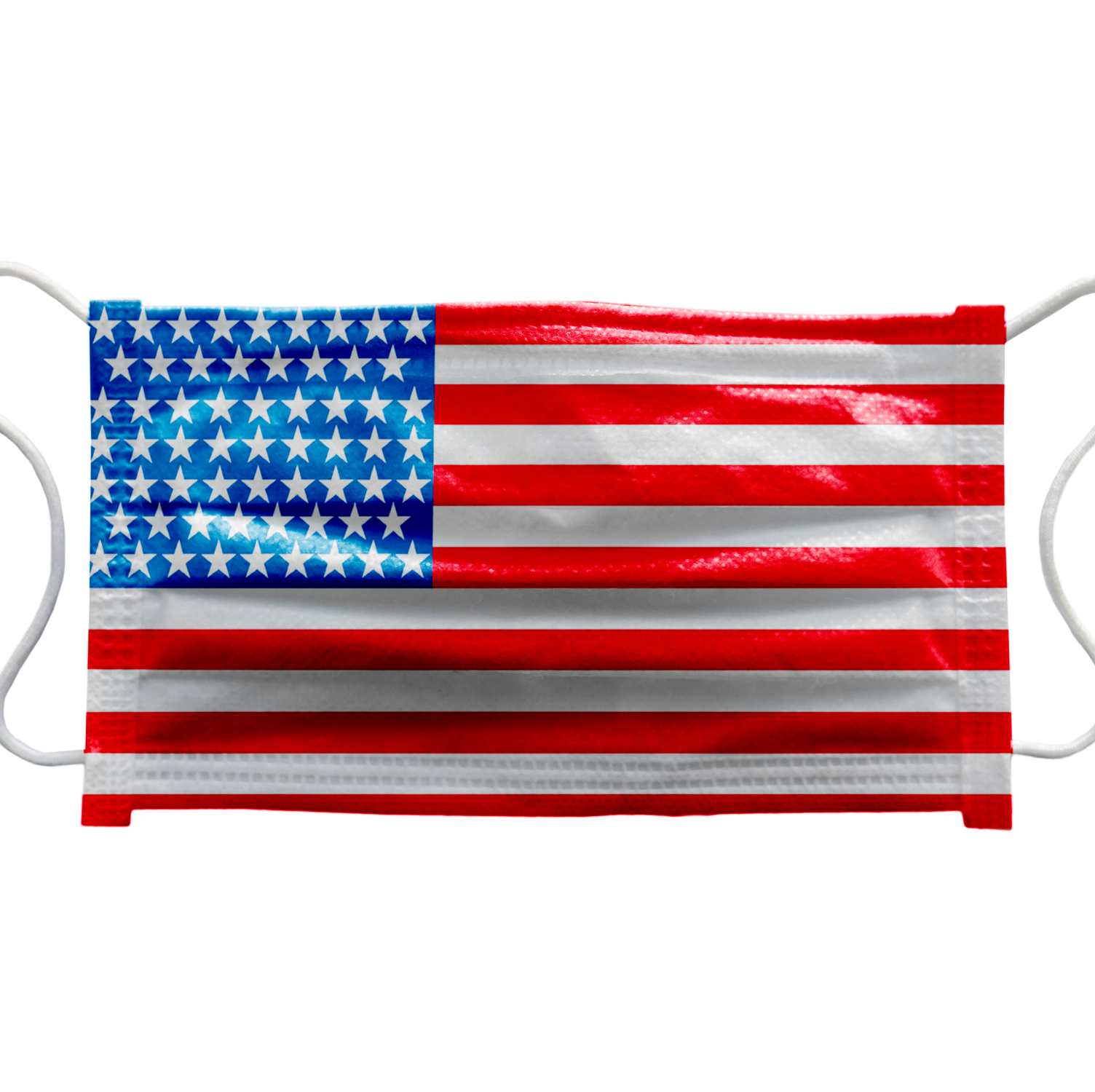
I’m a Conservative Teacher: Guns Are Not the Problem—Gun Control Is|Switzerland has extremely low rates of violent crime despite having lax gun control laws.
I’m a Conservative Teacher: Guns Are Not the Problem—Gun Control Is|Switzerland has extremely low rates of violent crime despite having lax gun control laws.
I’m a Conservative Teacher: Guns Are Not the Problem—Gun Control Is
Guns are not the problem. I speak from personal experience. I grew up in three countries outside of America with drastically different attitudes and laws on firearms—two where civilian gun ownership was banned, the other where it is encouraged.As the gun debate rages in the United States amid rampant school shootings, I can’t help but think back on my childhood and the ubiquity of firearms around me. The memories of these nations have stuck with me—for very different reasons.
Our Home Getting Burglarized Provided a Reality Check for the Family
When I was 4 years old, we moved from Florida to Mexico for my dad’s job. Even as a child, it was obvious to me that it was a very different place.I remember every single house having a wall around it, often topped with broken glass, barbed wire or even an electric fence. I had never seen anything like that in Florida, but these precautions were universal in our new home.When I asked my mom about it, she said that Mexico was not as safe as Florida, but we would be fine and Dad would keep us safe. She was right on both accords—but we did have a few close calls.We lived in Mexico City for seven years. One night, we came home from a family vacation in the beach town Mazatlán to find our house ransacked. At first, everything just looked like a giant mess, but as we took in the state of each room, we realized the mess was actually the result of burglars tearing through every inch of our home.As we continued to check the rooms upstairs, we found our own kitchen knives lying on each bed. We couldn’t be sure if they were left deliberately as a warning or if the burglars had intended to use the knives had any of us been in bed. It was terrifying.My dad promptly called his company’s lawyer as soon as he could find a phone, as the burglars had cut our lines. The lawyer instructed us not to report the burglary to the police; the presumption was they would simply come to check whether there was anything left to steal. Instead, it was up to my dad to deal with it.Dad immediately took defensive steps: He lodged a metal gate that looked like jail bars to the top of the staircase; he installed electric fencing on top of the wall surrounding our house; he hired a security company to patrol our home; and he bought an illegal firearm on the black market.Of course, my little brother and I didn’t know he purchased a firearm until we found it one day, years later, when we were snooping around in his closet. But as we got older, Dad told us that keeping his family safe was more important to him than following flawed laws.
Dad told us that keeping his family safe was more important to him than following flawed laws.
Stricter Gun Laws Don't Equate to Less Gun Violence
Seeing his reaction to the burglary left a clear impression on me: Good people need guns because bad people don’t care about laws—much less about gun regulations.Even the federales, the federal cops who ran wild in Mexico City, negated the laws and routinely harassed us. They once insisted my mom pay a fictitious fine on the spot—a bribe known as a mordida, or bite—to avoid being hauled to jail. They threatened to leave my little brother and me alone on the side of a busy road. She broke down crying before finally handing over the money.Our experience was not unique. The data on Mexico speaks for itself. Despite its strict gun laws, Mexico suffers a murder rate that is far higher than the United States. Cartels often control the government, and corruption levels are unimaginable to an average American.After seven years in Mexico, we moved to Brazil—another nation with strict gun control but plagued by crime and a then-climbing murder rate. Living there was wild: Many of my friends had armed bodyguards, and we all lived in communities and apartments protected by heavy security and huge walls.Under the new president, though, gun control has been significantly scaled back, allowing average citizens to acquire firearms more easily. According to a recent piece in the Wall Street Journal, homicide levels have dropped by 34 percent since the liberalization of gun laws.My time in Switzerland could not have been more different from Mexico and Brazil. In fact, Switzerland was almost the antithesis—especially when it came to gun laws, crime and corruption.Before arriving in Zurich, I had never seen a place where gun possession was not only legal but completely ubiquitous. In Switzerland, guns were everywhere. Whole towns would get together for shooting competitions and beer drinking. It was not unusual to see children on bikes or young men on trains openly carrying fully automatic weapons over their shoulders or to find guns in closets or above kitchen cupboards in family homes. Widespread gun ownership is considered a major part of Swiss culture, but the attitude toward possession and use are vastly different from what we see in the United States today.For many Swiss men, starting at adulthood, the government requires possession of a government-issued firearm, at least until the end of citizen militia service (around age 34 for most). Even after service is complete, men have long been encouraged to keep their firearms by acquiring a permit for use.It is hard to explain to people who have never experienced it—even to Americans who cherish the Second Amendment. In America, if somebody walks down the street with an assault rifle, the police department is deluged in calls. In Switzerland, the presence of these firearms is so ubiquitous that they aren’t immediately demonized.Despite the popularity of firearms in Switzerland, and contrary to the prognostications of so-called American experts, Switzerland remains an oasis of peace and tranquility. Murder and crime rates are among the lowest in the world. The president can often be found taking the train without hordes of security personnel. Gang violence and corruption are almost unheard of.Their nation is secure from outside threats too. In fact, in part due to widespread gun ownership and general proficiency with weapons, the Swiss have not fought a war in centuries.If gun control worked, and civilian gun ownership was truly problematic, nations like Mexico and Brazil would be peaceful utopias, and Switzerland would be a war zone. The reality is just the opposite.

If gun control worked, and civilian gun ownership was truly problematic, nations like Mexico and Brazil would be peaceful utopias, and Switzerland would be a war zone.
A Well-Armed Society Is a Safer Society
As a teacher for the past decade confronted with the growing incidence of school shootings, I’ve consistently noticed two things about them that seem to never be mentioned in the press. First, the shootings continue until other people with guns show up. Second, they always take place in gun-free zones—places where law-abiding citizens are disarmed and unable to protect themselves from those who ignore firearm regulations with impunity. We need to take a deep, comparative look at our gun violence rates and understand how the Swiss maintain their peace. We need to take a turn. This needs to stop.In my experience, widespread gun ownership keeps people safe from crime—and the far more deadly threat of government tyranny.











